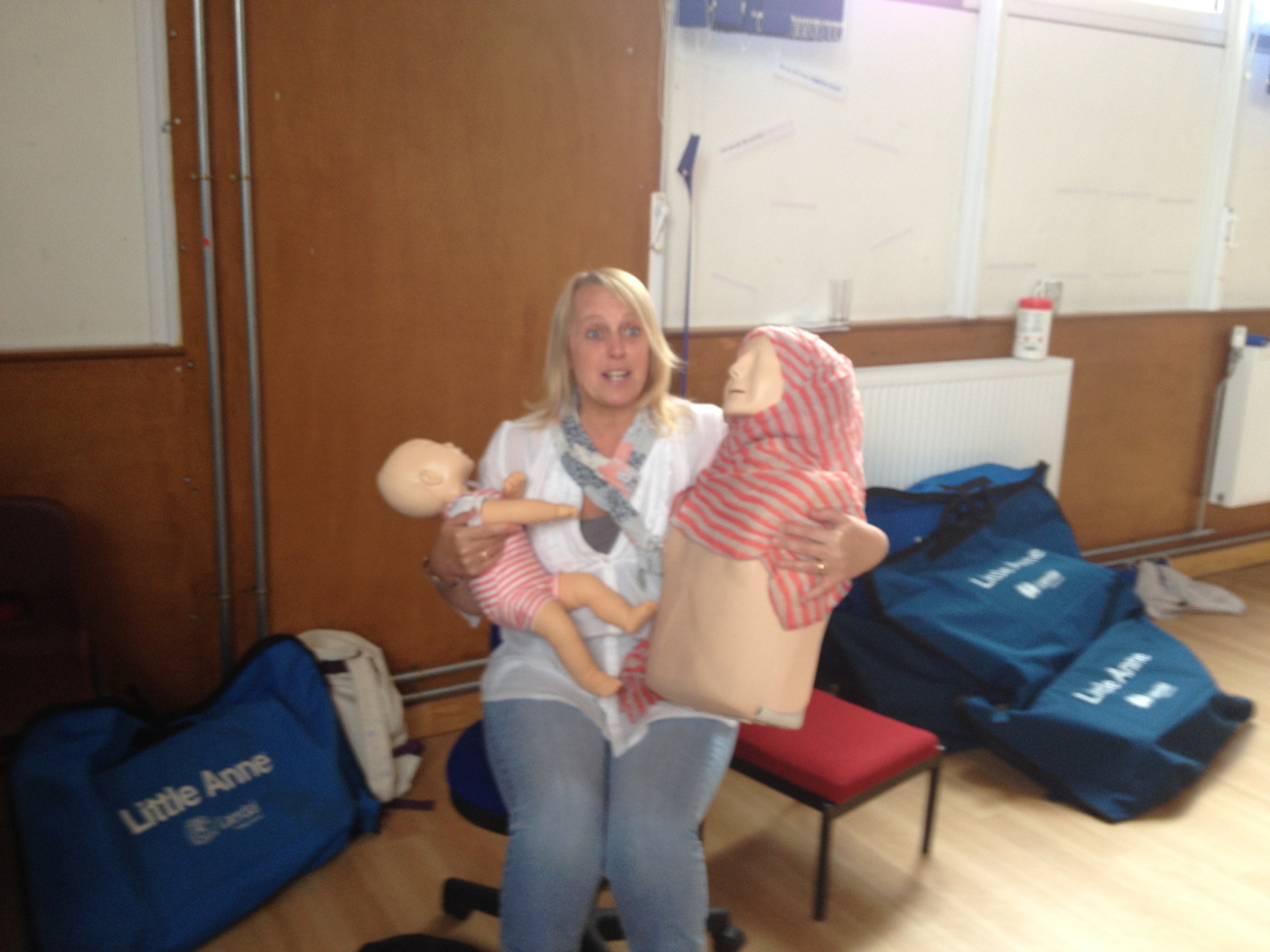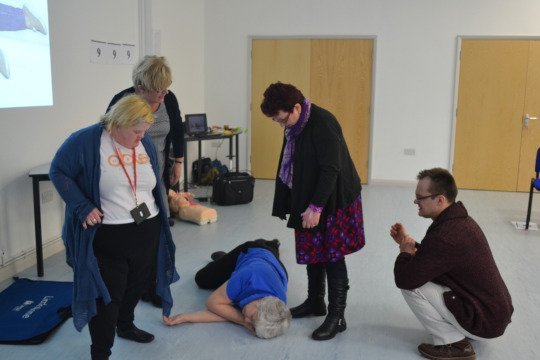Our MD Dawn recently visited the beautiful South Africa to volunteer and work aiming to help to inspire the young people of Cape Town. Alongside five other volunteers who each had something different to offer to the group, Dawn spent a week visiting schools, community hubs and many more.
What is Mission Inspire?
The mission goal was to inspire young people Of South Africa and empower them to become more confident in themselves. By giving young people a voice, these young people are helped towards a brighter future, no matter what their background.
The mission was organised by Project Manager Caz who had a very busy itinerary planned for the week.
Amoyo Performing Arts Foundation
Amoyo is a performing arts training programme but that is not its sole purpose. The classes at Amoyo are designed to engage with the local youth, to help them to feel supported and empowered. The brilliant people behind the organisation are there to help these young people to develop into successful, employable adults. Through their journey at Amoyo they will develop important skills to help them into adulthood whilst also learning to respect themselves and the people around them. The young people who engage with the project often come from backgrounds of poverty, neglect and gang culture.
Youth Redemption
Youth Redemption is dedicated to helping young people in South Africa to believe in themselves. The team at Youth Redemption encourage South Africa’s youth to make positive life choices and look towards a brighter future. These young people are given the opportunity to improve their confidence and showcase their skills and talents in front of a live audience. Not only do Youth Redemption do amazing work with young people, they run regular community projects helping the less fortunate. The Kick Game Grind project collects donations of shoes to hand out to those in need and the Fresher Than You project collects donations of toiletries to donate.
Pebbles Project
The Pebbles Project aims to enrich the lives of children from disadvantaged backgrounds with special educational needs in the Winelands farming communities in the Western Cape, especially those whose lives are affected by alcohol. The project provides support and training to local wine farms and township crèches and establishes after-school provision for the older children living in the Winelands.
Salesian Institute Youth Project
The Salesian Institute Youth Project have been committed to providing programmes of education, training and rehabilitation for disadvantaged youth for over 10 years in Cape Town. The organisation offers support to young people within the community and helps them to learn valuable life-skills whilst providing vocational training. A third of under 25’s in Western Cape Town are living in poverty. Projects like these enable young people to see a brighter future. They provide children with the vital skills they need to stay out of danger, find jobs and live happy lives. Projects lie the Salesian Institute Youth Project aim to give young people the tools to help themselves.
A stand out project that Salesian runs is the Porsche Training and Recruitment Centre. The project takes on 75 men and women from socially disadvantaged backgrounds to train as automotive service mechatronics technicians over the course of 3 academic years. Other projects include trade skills such as bricklaying and sewing for children who have dropped out or been expelled from previous schools.
What does Dawn have to say about her time out in South Africa?
I feel very proud and privileged to have been part of mission inspire, I was so touched by the children that I have decided to set up a charity back here in the UK “The Ajuda Foundation” to continue to help and support the young adults and projects that we met whilst in our mission. I left part of my heart with them in Cape Town, and pledged to continue to help and support then in anyway possible. They deserve so much more.
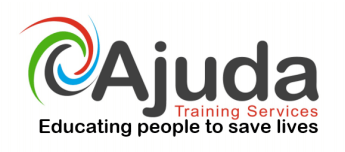
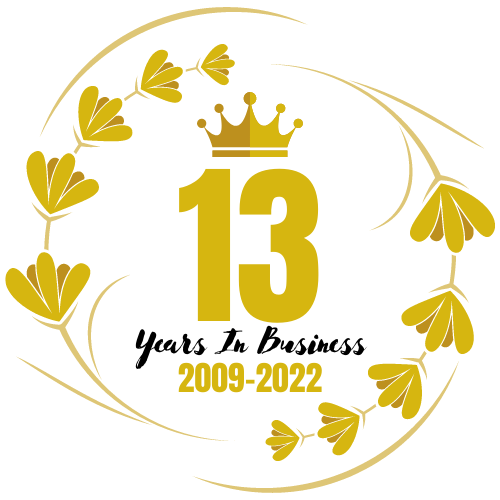








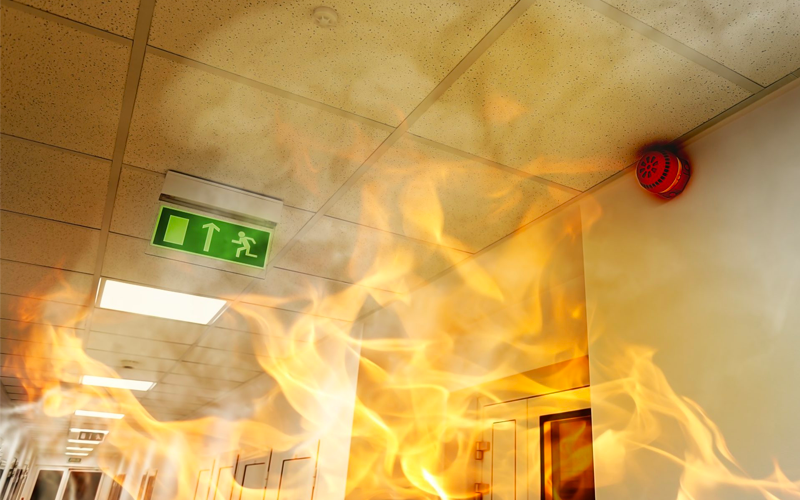






























 You may have heard about Sepsis, the silent killer, in the news. If you haven’t, Sepsis is a serious complication of an infection. Although Sepsis is more common than heart attacks, much less is known about the terrifying disease. Without fast treatment, Sepsis can lead to multiple organ failure and death.
You may have heard about Sepsis, the silent killer, in the news. If you haven’t, Sepsis is a serious complication of an infection. Although Sepsis is more common than heart attacks, much less is known about the terrifying disease. Without fast treatment, Sepsis can lead to multiple organ failure and death.








